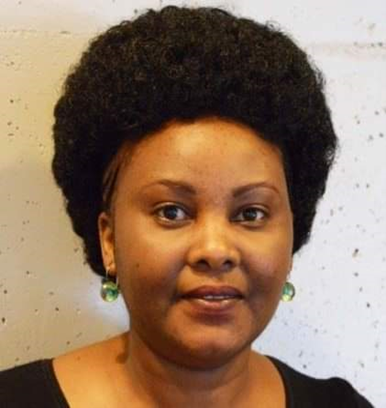Valuing the context in which you express the gospel is an opportunity for people to learn from each other.

Learning
As you may be aware, colonialism impacted the culture and religious beliefs in Africa and the Kenyan community. Similarly, colonialism, aided by different church denominations, also aggressively pushed Indigenous Peoples of the land we now call Canada onto reserves, displacing them from their traditional land and directly affecting their way of life.
In my community, our Sunday worship and Bible study, therefore, is a learning space for us to glimpse how the church, directly and indirectly, tried to destroy the cultures of Indigenous Peoples.
Protestant missionaries from Germany, Italy, Portugal, Spain, and Britain who arrived in the land now called Kenya in the 19th century believed that their culture was superior to that of the Kenyans, viewing the religions of Kenyans as diabolical and barbaric. I do not think that the European missionaries tried to understand and appreciate the importance and uniqueness of the Kenyan peoples’ cultures, belief systems, and worldviews.
Kenya was colonized by Great Britain from 1901 to 1960. The Kenyans , like the Indigenous Peoples in Canada, were forced off their fertile land to infertile land so that the colonial settlers could occupy the more productive areas. The settlers also used Kenyan people as labourers on their farms, further influencing them with Western education and lifestyle.
Between 1952 and 1960, the Mau Mau rebellion in Kenya surfaced to counter the colonial regime. As a result, anyone who opposed colonial rule, including children and elderly people, was forced into detention camps. Initially, the Mau Mau movement was a peaceful undertaking, but when the British continued to employ excessive force, the Kenyans fought against them. The Mau Mau rebellion was ultimately defeated by the British, but because of its initiative in seeking freedom, Kenya achieved independence in 1963.
Faith Reflection
Missionaries used Christianity as an indirect approach to influence and dominate the Kenyan people, especially when the Kenyan people resisted colonial supremacy. However, African Independent Churches were set up in opposition to Europeans’ imposed values and practices. African leaders defected to form their churches, which combined Christian practices with Kenyan Indigenous traditional practices to meet their existential needs and to fight against the imposed Western values and practices.
Although there was annihilation and a disregard for Kenyan culture and belief practices, the European missionaries built roads, schools, churches, and mission hospitals and improved agricultural production. Nevertheless, the impact on Kenyan peoples’ culture, religious beliefs, and practices was devastating to their way of life and religious identity.
Prayer
God of mountains,
God of valleys,
God of rain,
God of rivers,
God of all the people, indiscriminative, loving God, we are grateful for creating us in your image.
Help us to see other people as counterparts and not lesser beings. Help us love and value all the creation we are a part of. We pray this through Christ! Amen!
Living It Out
After moving from Kenya to Canada to be a United Church of Canada minister, I found it challenging to prepare for Sunday worship services because of contextual differences. The Bible is identical, but the context in which the gospel is communicated can be different. An outsider needs to be conscious of the insiders’ culture and context.
Having lived in a country that was under colonial rule, I learned how detrimental undermining other people’s cultures can be. Valuing the context in which you express the gospel is an opportunity for people to learn from each other without imposing or undermining each other’s culture. We can create a mutual foundation where we borrow from each other’s culture for the greater good of insiders’ and outsiders’ perspectives.
Fundamentally, this enables substantial and better communication of the gospel.
—Dorcas Kanana Muketha serves as minister of Beaverlodge/Wembley/Hythe Pastoral Charge in Alberta. Previously she served the Methodist Church in Kenya and was Lecturer at Chuka University in Kenya.
References
Hourly History, Mau Mau Rebellion: A History from Beginning to End (Amazon Digital Services – KDP Print US: 2020).
Tatang Iskarna, “The Relationship between Christianity and Colonialism in Ngugi Wa Thiong’o’s The River Between,” Journal of Language and Literature, 18, no. 2 (October 2018), 184‒193.
Dorcas Kanana Muketha, “Perception and Negotiation of Christian and Traditional Practices Among Christian Women in Kenya,” International Journal of Current Research 10, no. 3 (March 2018), 66743‒66749, journalcra.com.